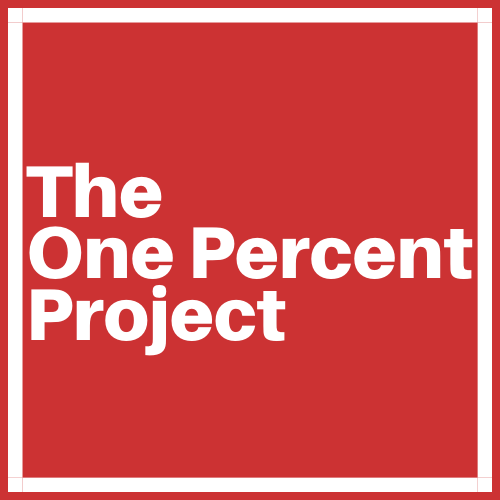What’s an organisation that does not innovate?
Use creativity and storytelling as your main muscle instead of smartness. -Astro Teller
I started this year by interacting with Jeremy Utley on The One Percent Project. Jeremy is a Stanford Adjunct, a celebrated keynote speaker, and co-author of the brilliant book "Ideaflow: The Only Business Metric That Matters." Ideaflow has recently been featured on J.P. Morgan’s NextList 2023, an annual list highlighting their client advisor’s top recommendations for new and noteworthy books, cultural experiences, and more.
What’s an organization that does not innovate? An unsuccessful one. Innovation has been the focal point of all successful organizations. It entails the entire process of spotting opportunities in existing problems, coming up with ideas that solve them, developing those ideas, creating prototypes, promoting the products, and closing sales. Traditionally, the focus has been on new products or processes. But in recent times, there has been a revision or an innovation trend in new business models or how companies provide value to generate profits.
My conversations with Jeremy resulted in some great insights on practising the meta-skill of idea generation, the novel concepts of idea ratio, idea quota, and innovation sandwich to facilitate business innovation in organizations, attracting and retaining innovative people, finding better problems to solve, and much more.
Big data or Meaningful data?
Big data is making a lot of buzz in the business space. With growing digitalization, the demand for big data is rising quickly, partly due to the abrupt upsurge in using electronic devices, sensors, and other technologies to collect data from our environment. The internet has become a utility today. But have we wondered how good big data is? Jeremy says little data trumps big data. So many people value big data, and industries regard the value of large data sets as a revolutionary phenomenon. But we can be deceived if we think that the number of data points is the only thing that matters. Big data is not necessarily good data. The question is, what’s the quality of the data you are creating? The focus instead should be on generating high-quality, highly credible data sets. The way to do that is by means of experimentation: craft, clever, scrappy experiments that yield meaningful proprietary information that the entrepreneurs/corporations can use to build conviction in a particular direction.
By 2017, Gartner Research reported that the actual failure rate of Big Data projects was close to 85%. Another Gartner Study from 2018 reported that of 196 companies interviewed regarding Big Data and Analytics, 91% haven’t reached transformational business intelligence levels. One of the biggest challenges many face with Big Data is that it is unstructured, often of low quality and inaccurate data. Finding data that represents what it is supposed to from the explosion of options is difficult. Success may come from new sources of relevant quality data that is clean, privacy compliant, accurate, and directly from consumer responses.
The Importance of Having Mentor/Mentors:
One common thread that binds most leaders I have spoken to in this journey is realizing the importance of having a mentor/mentors. Almost every time I ask a guest what’s the nicest thing anyone has ever done for them, they recall their mentors who selflessly guided them throughout their journey. Jeremy says his mentor spent countless hours on the phone with him, talking about his challenges, empathizing, caring, and reaching out. There is nothing in it for the mentor, yet they are faithful in their encouragement, perspective, and wisdom.
Being able to identify your personal strengths and weaknesses accurately is necessary for your professional growth. A mentor will be able to offer honest feedback related to your performance, which will highlight areas in which you excel and those that need improvement. While a Yes Man might do wonders for your ego, they will only hinder the development of essential leadership skills.
Listen to the full conversation with Jeremy Utley here.
